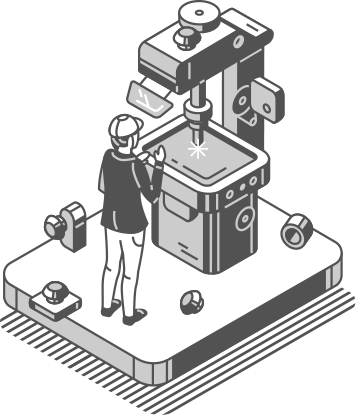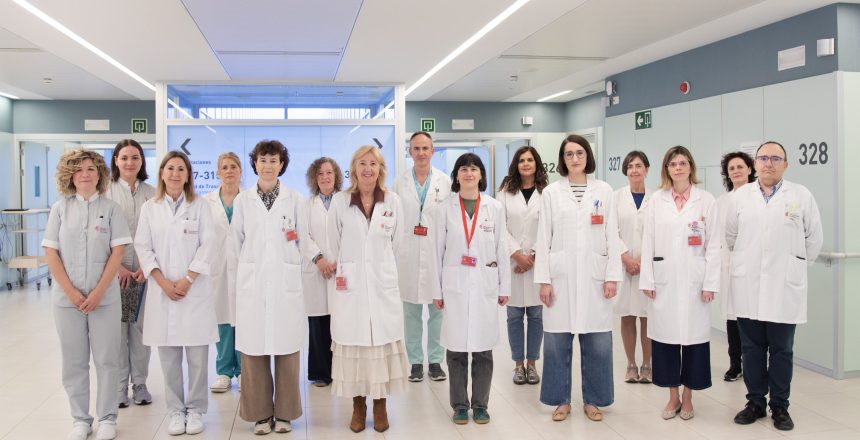The public reference centre in the Chartered Community of Navarre for the treatment of patients with haematological diseases has been authorised to apply one of the most advanced and promising strategies in the treatment of blood cancers. This authorisation positions the hospital as one of the national reference centres for this type of personalised cell therapy.
Specifically, the hospital is now authorised to treat adult patients with B-cell lymphoma and multiple myeloma, as well as adult patients with B-cell acute lymphoblastic leukaemia.
CAR-T therapy is one of the most significant innovations in precision medicine. It involves the genetic modification of a patient’s own T lymphocytes to enable them to identify and selectively destroy cancer cells.
In certain haematological conditions, CAR-T therapy has shown responses in refractory patients that had not been achieved with previous treatments. In B-cell acute lymphoblastic leukaemia, significant or complete response rates of 70–90% have been observed, especially among paediatric and young adult patients.
In aggressive B-cell lymphomas, complete response rates range between 40–60%, and for multiple myeloma, around 60–80% of patients experience complete responses. However, not all patients maintain this response in the long term. Relapse remains a major challenge, which is why current research focuses on improving the durability of response, optimising patient selection, and advancing next-generation CAR-T therapies.
Furthermore, this therapy is currently being explored for future use in other solid tumours and immune-related diseases, making it a treatment with enormous therapeutic potential.
Since September 2023, the Apheresis Unit of the HUN Haematology Department has been collecting lymphocytes from patients with lymphomas unresponsive to conventional treatments for the manufacture of CAR-T cells, which until now have been administered at the CAR-T Unit of Vall d’Hebron Hospital in Barcelona. From now on, patients will be able to receive treatment directly at HUN.
To manage the complexity of this therapy, HUN has established a highly specialised multidisciplinary team made up of professionals from haematology, intensive care, neurology, pharmacy, immunology, and nursing, all working together to provide comprehensive care to eligible patients.
This authorisation to administer CAR-T therapies adds to the JACIE accreditation obtained in August 2024 by the Haematopoietic Stem Cell Transplant Unit, which ensures the highest standards of quality and safety in the application of cell therapies.
These advances reflect HUN’s commitment to biomedical innovation, equitable access to complex therapies, and continuous improvement in patient care.
A LEADING BIOMEDICAL INDUSTRY
Today, Navarre’s biomedical sector employs 31,508 people across the region. The majority work in healthcare services (27,981), but it is also important to highlight the 2,465 jobs in the medical industry and the 1,065 researchers active in the sector.
In one of our latest reports, we detailed the sector’s growth and its increasing momentum as it strives to become a European benchmark. More information available at the following link.
Source: navarra.es




